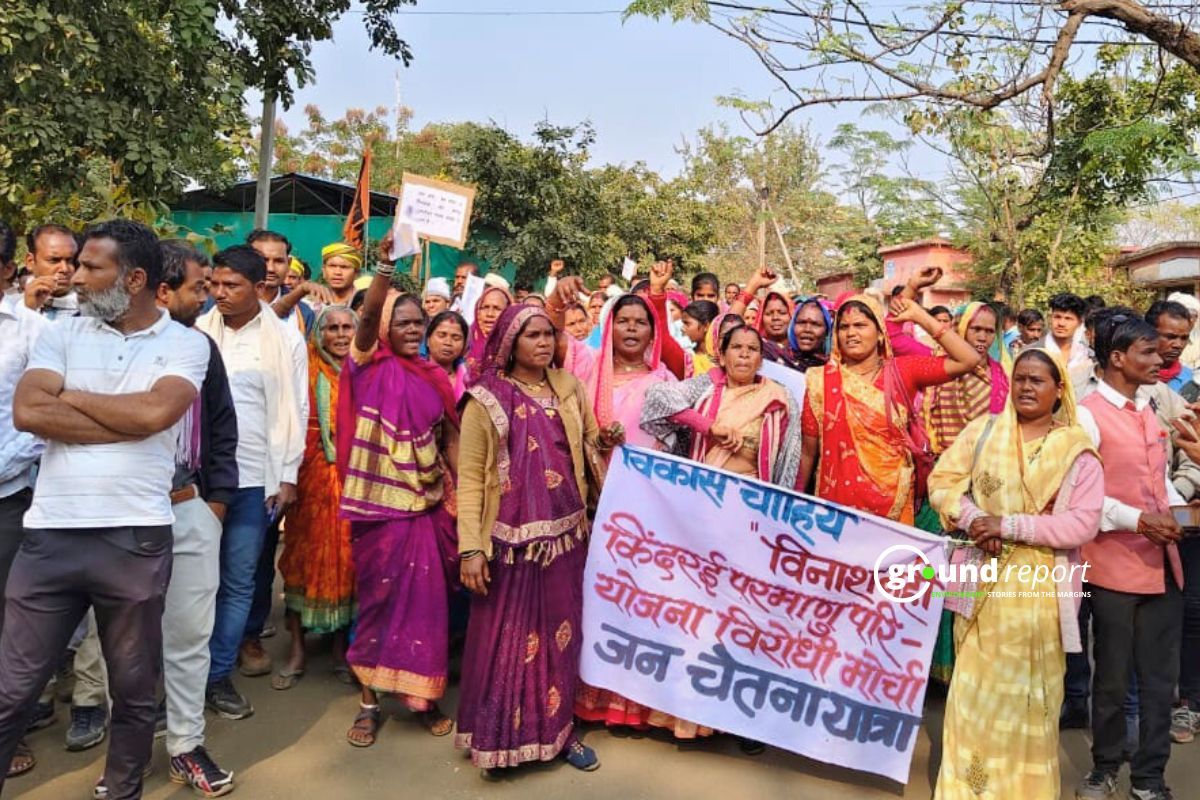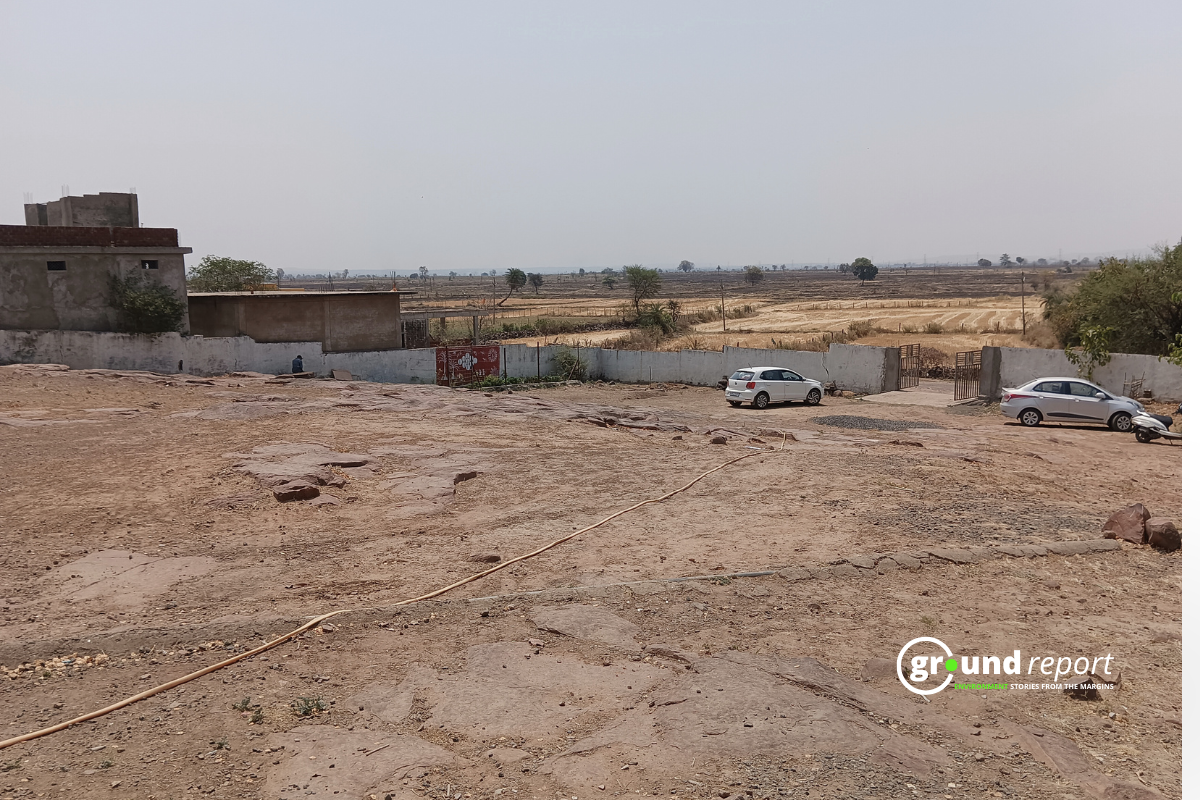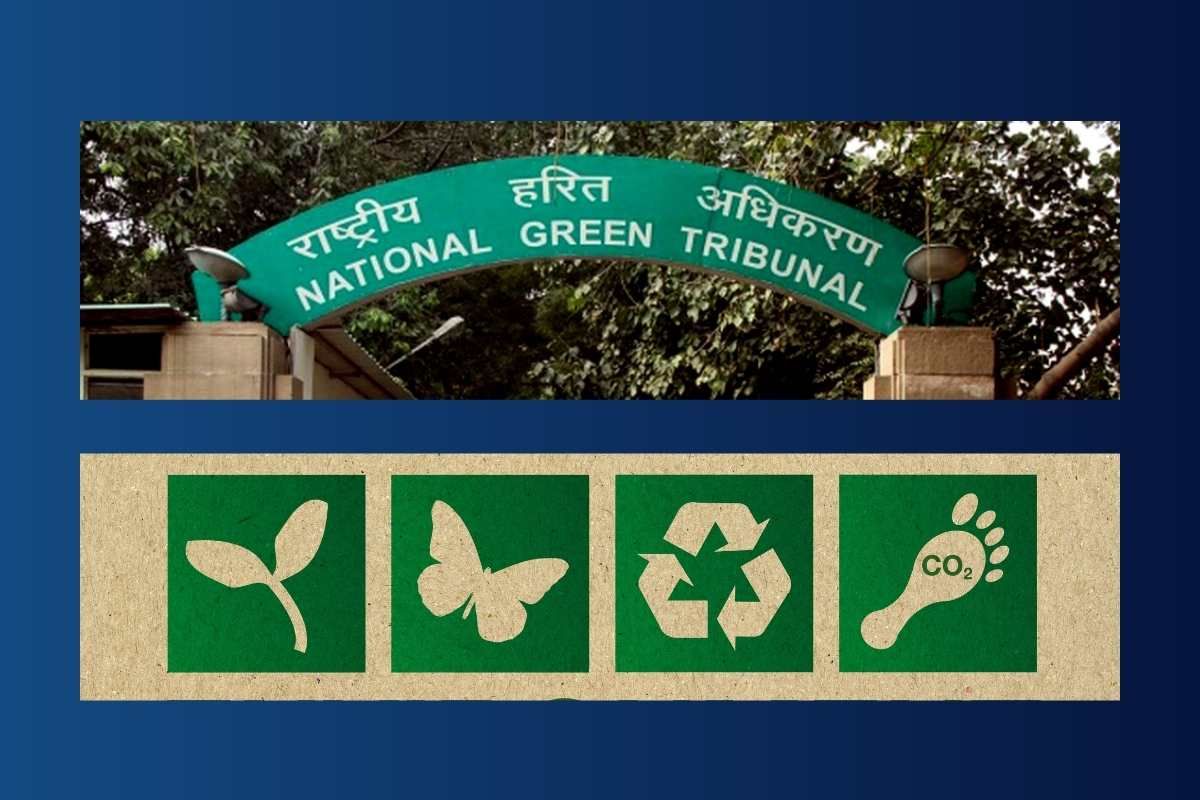In mid-December, reports surfaced about plans to establish nuclear power plants at four locations in Madhya Pradesh, with surveys for the projects expected to commence soon. The announcement sparked immediate opposition in Kinderai village, Seoni, where residents began protesting against the project and the proposed survey.
This initiative is part of India’s larger investment of ₹1 trillion to diversify its energy mix and reduce carbon emissions, in line with the national goal of achieving net-zero emissions by 2070. Additionally, Madhya Pradesh has received approval to construct the Chutka Nuclear Power Plant, one of 10 nuclear projects greenlit in 2017. The Chutka plant will feature two 700 MW units.
The proposed nuclear plants in Seoni villages highlight the conflict between national energy goals and local community concerns.
Project Details
The projects are to be installed in Dewas, Neemuch, Shivpuri, and Seoni in the state. According to reports, 2 to 6 units of 1200 MW can be installed in these four places. At the same time, this project will require 1200 to 2000 acres of land.
The project faced opposition only in Kinderai village of Seoni, while the remaining three districts did not witness any significant movement. In Kinderai, residents have begun protesting against the project and the proposed survey associated with it.
D.P. Giryam, chairman of Kshetriya Jan Suraksha Samiti in the village, shared details with Ground Report. Giryam explained that the villagers grew anxious after reading about the nuclear plant in the newspapers. Following this, they submitted a memorandum to the Tehsildar, SDM, Collector, and Seoni MP Faggan Singh Kulaste. However, the officials assured them that no such project had been proposed yet and urged them to ignore rumors. Despite these reassurances, the villagers remain unconvinced.
Why are farmers protesting?
Giryam explains that at least 20 to 25 families in his village were displaced by the Bargi Dam project around 42 years ago when the dam was constructed in Jabalpur. If the proposed nuclear plant is built in Kinderai, these families face the prospect of displacement once again.
In the beginning of the last decade itself, the government has announced plans to set up a nuclear plant in Chutka village of Mandla attached to Seoni. According to a reply given in Parliament, land acquisition and other formalities have been completed at the Chutka nuclear plant in Mandla district. Actually, the Narmada river passes between Kinderai and Chutka, which separates it. Expressing his dissent, Giryam states, “Our village is just 5 to 7 kilometers from Chutka and already connected to the existing nuclear plant. So, why is there a need to set up another plant here?”
Another major reason for the resentment of the villagers is that the project has been approved and surveyed without taking the Gram Sabha into confidence.
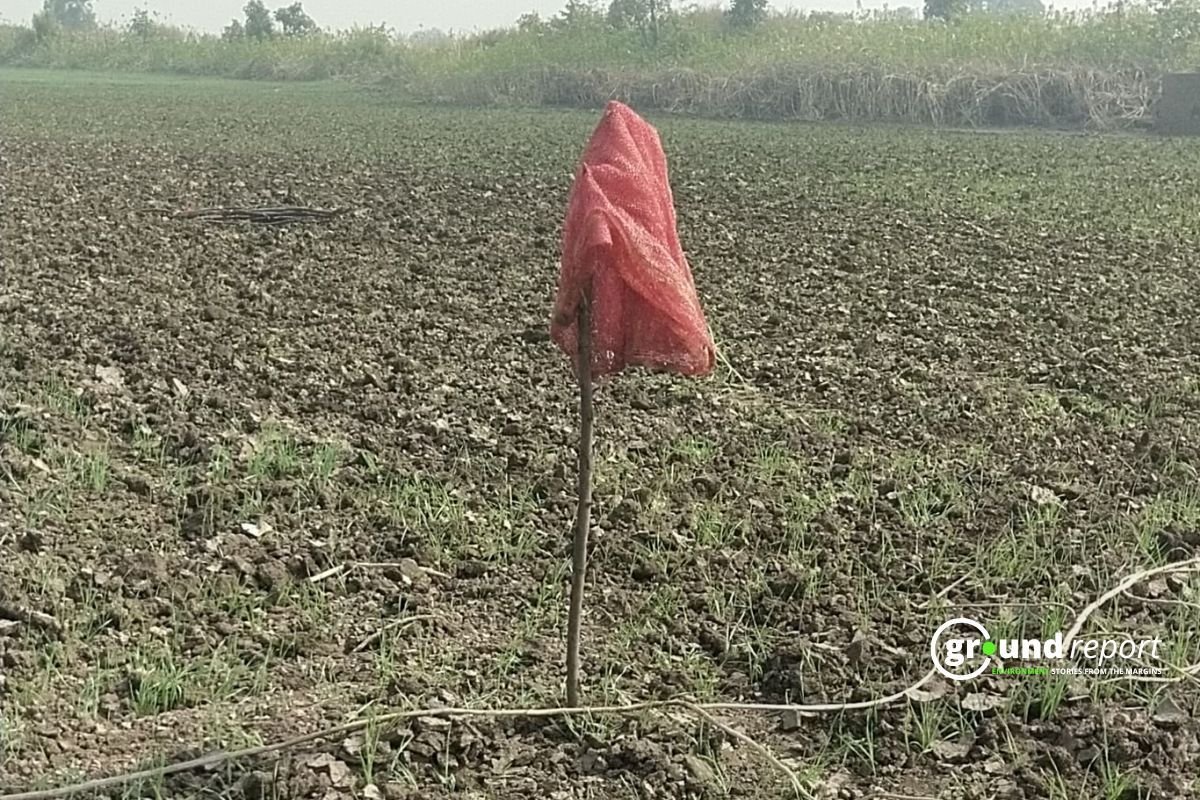
The people of Kinderai and other villages in Ghansaur have long demanded a share of water from the Bargi Dam. However, this demand remains unmet, even as Bargi water is being supplied to the Jhabua Thermal Power Plant located in Seoni.
The primary concern among farmers is the potential radiation and other hazards posed by the nuclear plant. Agriculture is the main occupation in the area, and the farmers are well aware of the risks a nuclear plant could bring. This is the key reason they are unwilling to take the risk on their land.
“We don’t want a nuclear plant in our village. No matter what proposal is put forth for land acquisition, we will not agree to it,”says Hari Om Nagesh, a villager who has filed an RTI request to seek clarity on the matter and has sent a letter to all relevant authorities. Meanwhile thousands of villagers have organized rallies and protests against the project, and they are now awaiting a response from the government. Nagesh emphasizes,
Villagers from 26 areas around Kinderai, including Kedarpur, Putrai, Jamanpani, and Chinaga, have also expressed their opposition. Kinderai and its neighboring villages are located in the Ghansaur region of Seoni, which falls under the Fifth Schedule of the Constitution, where the PESA Act applies. This requires the approval of the Gram Sabha for any project. On January 26, the villages surrounding Kinderai are set to pass resolutions opposing the project in their Gram Sabhas.
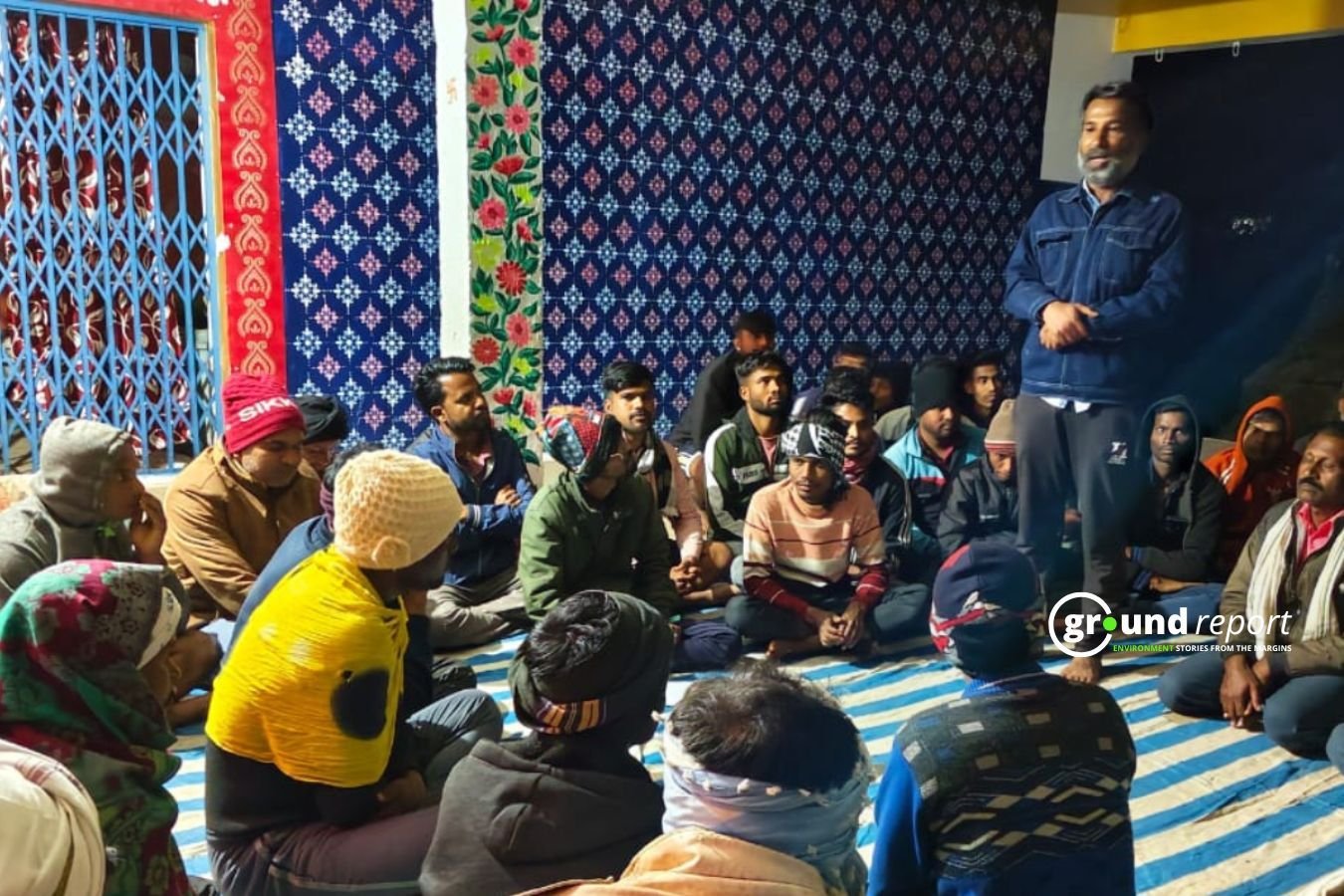
India’s Nuclear plans
In the 2024-25 budget, Finance Minister Nirmala Sitharaman announced plans to collaborate with the private sector to develop small modular reactors (SMRs) as part of India’s clean energy strategy. SMRs are advanced nuclear reactors with a capacity of up to 300 megawatts.
The government has allocated ₹1 trillion for this initiative, aiming to diversify India’s energy mix and reduce carbon emissions. This move is part of a broader effort to achieve net-zero carbon emissions by 2070 and to increase the share of non-fossil fuel sources in the country’s energy portfolio.
Support us to keep independent environmental journalism alive in India.
Keep Reading
Madhya Pradesh prepares for cold wave, temperatures to fall further
Water Crisis: daughters carry the burden in Dobra village of Sehore
Will Pithampur become another Bhopal? Toxic waste disposal spark fears
Fertilizer shortage sparks protests across Madhya Pradesh
Follow Ground Report on X, Instagram and Facebook for environmental and underreported stories from the margins. Give us feedback on our email id greport2018@gmail.com.
Don’t forget to Subscribe to our weekly newsletter, Join our community on WhatsApp, and Follow our YouTube Channel for video stories.
